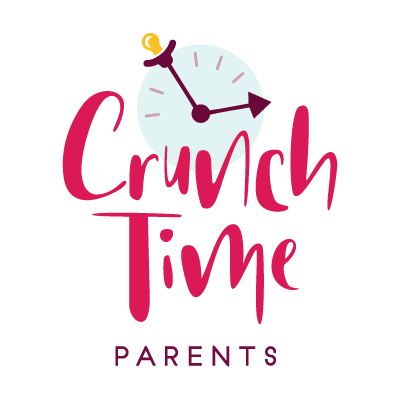Writing a Non-Stupid Kids' Book Is Harder Than it Looks
/How many times have you read a six-page children's book at bedtime (to your kid or to yourself—no judgments) and thought, "I could've done that." But of course, like any work that seems simple but manages to linger for years, decades, centuries: It's not all that easy. At least, not in that head-slapping, any-idiot-could-do-that way. Writing a good children's book, especially one that survives generation after generation (not to mention sells millions of copies), takes a certain kind of genius. Granted, the really bad ones are pretty easy to write. (Ever see the Tonka Chuck & Friends book series? A cute blue tow-truck with absolutely no insight or wit about anything does not a great narrator make.) In any event, the ultimate kids'-book-that-looks-easy would have to be Goodnight Moon, Margaret Wise Brown's 1947 meditation on bedtime, and on all the things kids notice around them as they drift off to sleep. The first time I read it I thought, what's the big deal about this book?
Read More

























